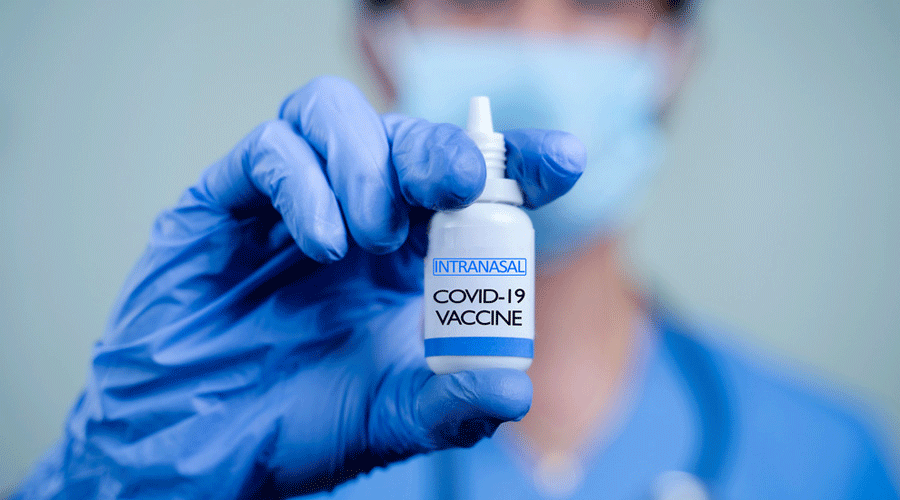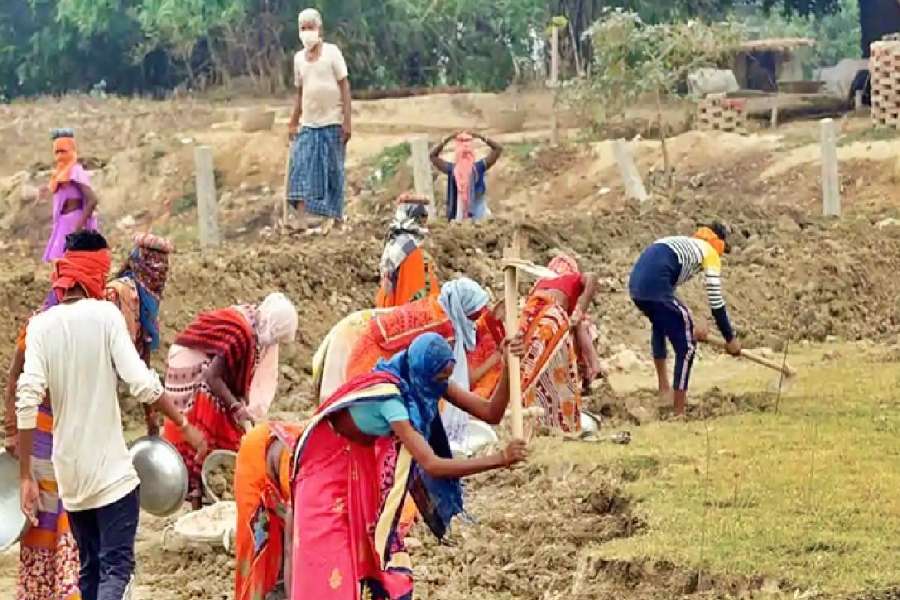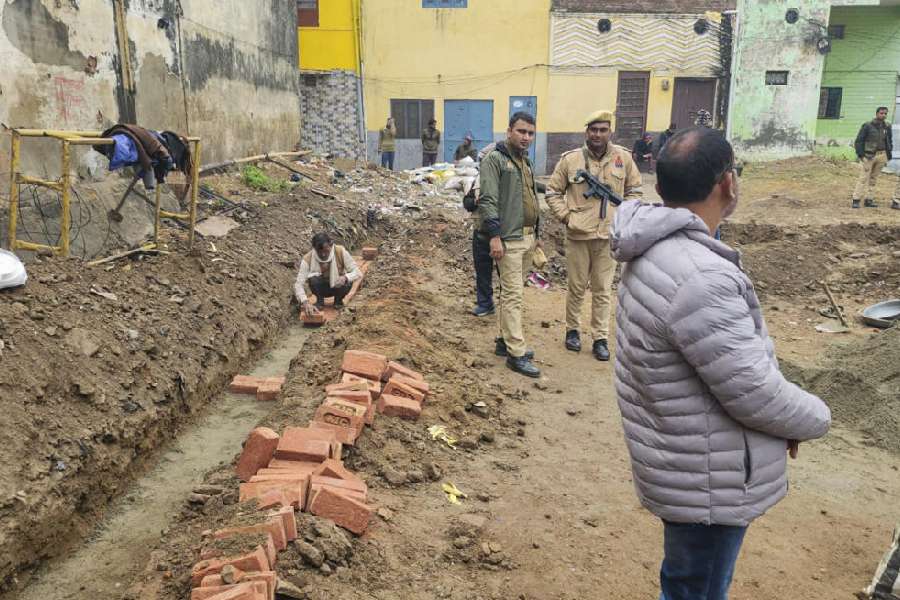Indian vaccine maker Bharat Biotech announced on Tuesday that its intranasal Covid-19 vaccine, approved by the Centre as a booster dose, would be available at private hospitals for Rs 800 plus additional taxes and service charges per dose.
People 18 years or older who have taken two doses of Covaxin, Covishield or any other Covid-19 vaccine will be eligible for the intranasal vaccine, iNCOVACC, which will serve as a booster dose to enhance immunity against the coronavirus.
Bharat Biotech said iNCOVACC would be priced at Rs 800 for the private market and at Rs 325 for the Centre or state governments if they wish to procure it.
The Centre’s vaccine policy advisers had earlier this week approved the release of the intranasal vaccine into the private market. Eligible people can register for the vaccine through Co-WIN, the government’s digital platform for Covid-19 vaccination.
Scientists say the most promising aspect of the intranasal vaccine is its potential to generate the so-called sterilising immunity, that is, to stop the virus from replicating in the body.
Animal studies with the intranasal vaccine, designed by scientists at Washington University, St Louis, in the US, had demonstrated this potential. In contrast, the current Covid-19 vaccines protect people from severe disease but are not as effective in preventing infections from new coronavirus variants.
“This intranasal delivery platform gives us the capability for rapid product development, scale-up, and easy, painless immunisation during public health emergencies,” said Krishna Ella, scientist-turned-entrepreneur and executive chairman of Bharat Biotech.
This platform could be used to quickly develop variant-specific vaccines to enable mass immunisation against emerging variants, he said.
Bharat Biotech has said a clinical trial with the intranasal vaccine as a booster on 875 people at nine sites in India established its safety and capacity to generate immune responses. But some scientists have questioned the absence of a peer-reviewed study establishing its clinical efficacy.
A Bharat Biotech spokesperson told The Telegraph that the company was working with collaborating researchers on a peer-reviewed scientific publication of the results. Some say the public health role of the vaccine is unclear in the current phase of the epidemic.
“If the intranasal vaccine is based on the early ancestral strain of the coronavirus, it is unclear what level of efficacy it would have against the currently circulating omicron sublineages,” said a senior physician-researcher with an academic institution.
A top vaccine science specialist said the intranasal vaccine was a great concept but “we have no clue yet if it actually works to prevent infection or disease in humans”. “Ideally, I would have preferred to see data from the clinical effectiveness study,” the specialist said.
Covaxin and Covishield have been available to people eligible for boosters. But large proportions of eligible people have not opted for boosters yet.











